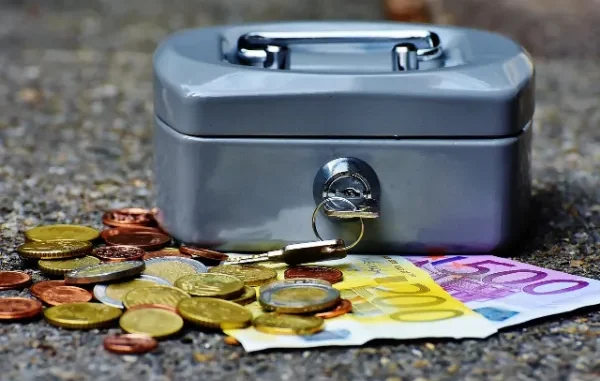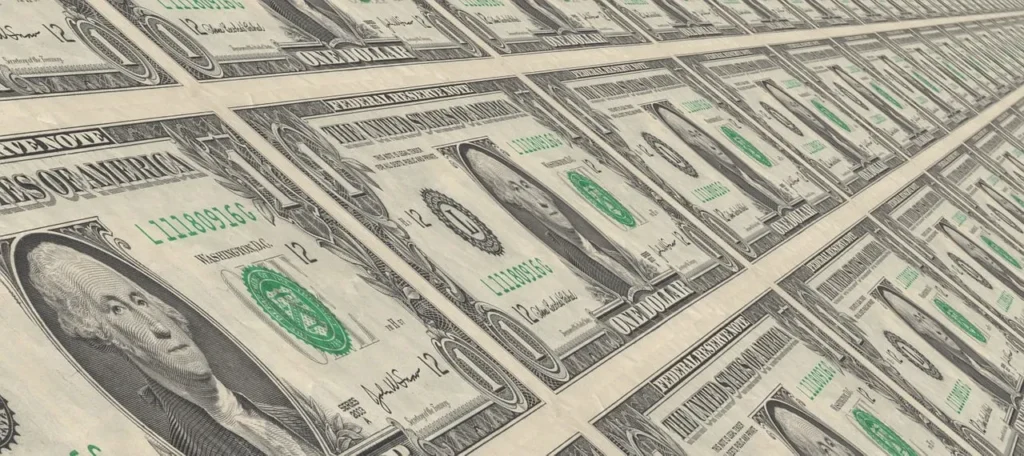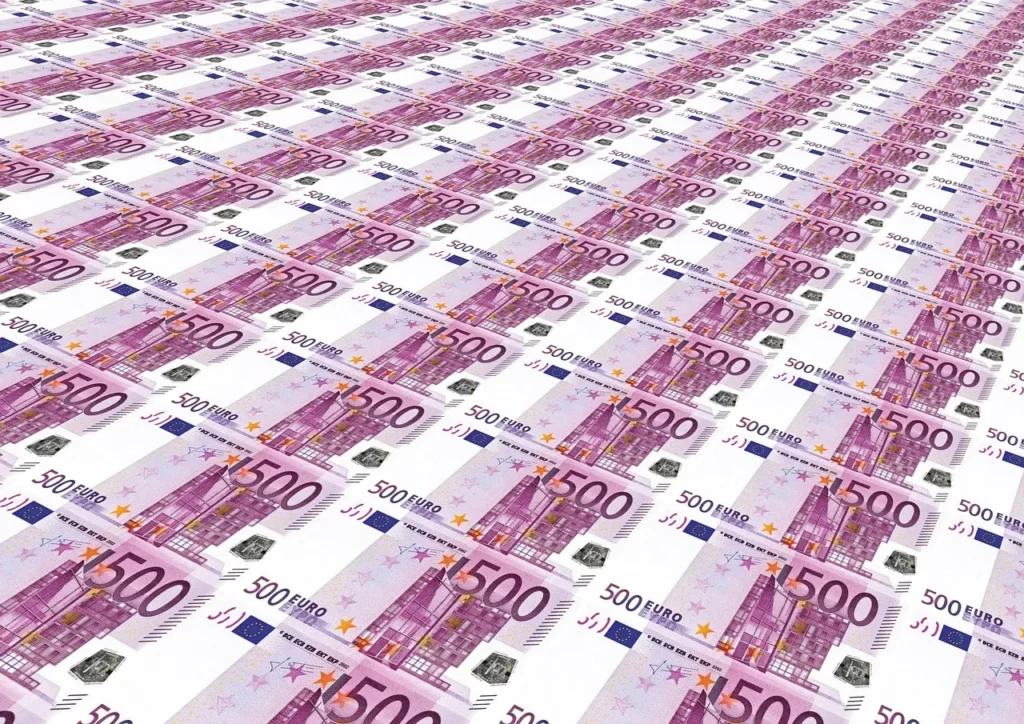
Money has always been central to human society, and with it comes a fascinating array of slang terms that reflect culture, creativity, and history. From everyday expressions like “bucks” to quirky nicknames such as “clams” or “benjamins,” slang for money tells us a lot about how people view wealth, work, and value. Let’s dive into the world of money slang, exploring its origins, variations, and the most popular terms used around the world.
Why Slang for Money Exists
Slang often emerges as a way to make language more relatable, humorous, or discreet. When it comes to money, slang terms serve multiple purposes:
- Secrecy – In the past, traders and criminals used coded words for money to avoid detection.
- Culture & Identity – Different generations and communities create their own terms to express belonging.
- Creativity & Humor – People enjoy coming up with fun, memorable words for something as important as money.
Just as fashion or music evolves, money slang changes with time, reflecting new cultural influences and economic realities.
Popular Slang Terms for Money in English

1. Bucks
One of the most common slang words in the United States, “bucks” refers to dollars. The origin goes back to early American frontier trading, where deer skins (buckskins) were once used as a form of currency.
2. Dough
This classic slang term comes from the idea of dough being a basic ingredient for bread, symbolizing the “bread” people need to live. It’s been in use since the 19th century.
3. Bread
Closely related to “dough,” the word “bread” became a popular term for money in the 20th century, emphasizing its role as a daily essential.
4. Cash
Though not strictly slang, the term “cash” is often used casually to mean ready money on hand.
5. Benjamins
A distinctly American term, “benjamins” refers to $100 bills, which feature the portrait of Benjamin Franklin. It became especially popular in hip-hop culture in the 1990s.
6. Quid
In the United Kingdom, “quid” is the everyday slang for a British pound. Its origin is unclear, but it’s deeply embedded in British English.
7. Fiver / Tenner
Also British terms, a “fiver” is a £5 note, while a “tenner” is a £10 note.
8. Greenbacks
This American term dates back to the 19th century, referring to U.S. paper currency, which had a green back.
9. Clams
An odd but humorous American slang term for dollars, possibly linked to Native American shell money.
10. Stacks
Refers to bundles of money, often $1,000 or more. Popularized in rap and urban culture.
Global Variations of Money Slang
- Canada – The $1 coin is called a “loonie” (because it features a loon), and the $2 coin is a “toonie.”
- Australia – Aussies often call money “bucks,” like Americans, but also use “fiver” and “tenner.”
- India – “Lakh” and “crore” are common, but slang like “notes” or “chillar” (loose change) is popular too.
- South Africa – “Bucks” is widely used, but “randelas” sometimes refers to the South African rand.
- Ireland – “Quid” is used just like in the UK, though locals may also say “notes” or “fivers.”
Slang for Large Sums of Money
- Grand (G) – $1,000 in U.S. slang.
- K – A modern shorthand for thousand, borrowed from the metric prefix “kilo.”
- M – One million, often used in finance and business circles.
- Rack – $1,000, especially stacks of $100 bills.
- Band – A bundle of cash, usually $1,000 wrapped with a bank band.
How Pop Culture Shaped Money Slang
Music, film, and television have played huge roles in spreading and reinventing slang for money. Hip-hop especially has popularized terms like:
- “Paper” – Referring to cash notes.
- “Stacks” – Large piles of money.
- “Cheddar” – A playful reference to cheese, meaning wealth.
- “Guap” – Large amounts of money.
Movies and TV shows have also reinforced terms like “benjamins” or “greenbacks,” embedding them into everyday language.
Funny & Unusual Slang for Money

Not all money slang is serious—some terms are downright quirky:
- Smackers – Dollars, origin uncertain.
- Simoleons – An old-fashioned U.S. slang word for dollars.
- Loot – Money, but also implies ill-gotten gains.
- Chicken – Small amounts of money.
- Oyster Card (UK joke) – Not real money, but since it’s used for travel payments in London, people joke about it.
Final Thoughts
Slang for money is more than just playful language—it’s a reflection of culture, history, and identity. Whether you’re talking about bucks in the U.S., quid in the UK, or loonies in Canada, these words show how deeply money is woven into daily conversation.
Next time you hear someone say they’re short on “bread” or saving up their “benjamins,” remember that money isn’t just about value—it’s about the colorful way people talk about it too.
Frequently Asked Questions (FAQ) About Slang for Money
1. What are the most common slang words for money?
Some of the most popular slang terms include bucks, dough, bread, cash, quid, greenbacks, clams, and benjamins. These terms vary depending on country and culture.
2. Why is money called “bread” or “dough”?
“Bread” and “dough” are linked to the idea of food as a basic necessity. Just as bread is essential for survival, money is essential for daily life. The slang became widely popular in the 20th century.
3. What does “benjamins” mean in slang?
“Benjamins” refers to $100 bills in the United States, since they feature Benjamin Franklin’s portrait. The term became popular in American hip-hop culture during the 1990s.
4. What is British slang for money?
In the UK, the most common slang word for money is “quid”, which refers to pounds sterling. Other terms include fiver (£5) and tenner (£10).
5. What is a “grand” in slang?
A “grand” (often written as 1G or 1K) means $1,000. The term is widely used in both the U.S. and the UK.
6. What does “stack” mean in slang?
A “stack” usually refers to $1,000 in cash, often bundled together. In some contexts, it can also mean a large pile of money in general.
7. What is Canadian slang for money?
In Canada, the $1 coin is called a “loonie” (because it features a loon), and the $2 coin is called a “toonie.” Canadians also use “bucks” for dollars.
8. Is “loot” slang for money?
Yes, “loot” is slang for money, but it often carries the meaning of stolen or ill-gotten money. It can also be used casually to just mean cash or earnings.
9. What are funny or unusual slang terms for money?
Some quirky slang includes smackers, simoleons, cheddar, guap, chicken, and clams. These are playful ways of referring to money, often popularized in pop culture.
10. Does every country have slang for money?
Yes! Most cultures create their own informal terms for money. For example: quid in the UK, bucks in the U.S. and Australia, chillar in India, and randelas in South Africa.
Leave a Reply